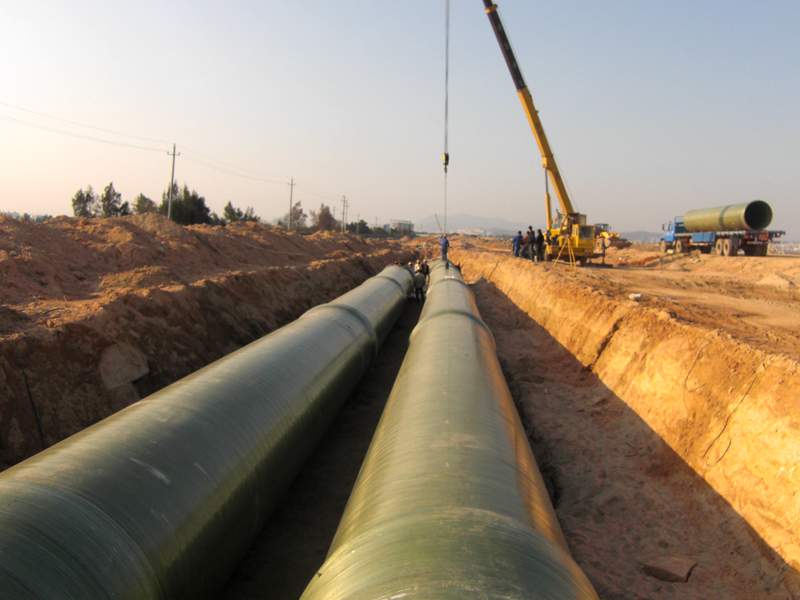Another benefit of frp weirs is their resistance to corrosion. Water control structures are constantly exposed to harsh environmental conditions, such as water, sunlight, and chemicals. Frp materials are non-reactive to these elements, making them highly resistant to corrosion, rust, and deterioration over time. This property ensures the longevity and reliability of frp weirs in any application

frp weir.
...
2025-08-14 05:07
92